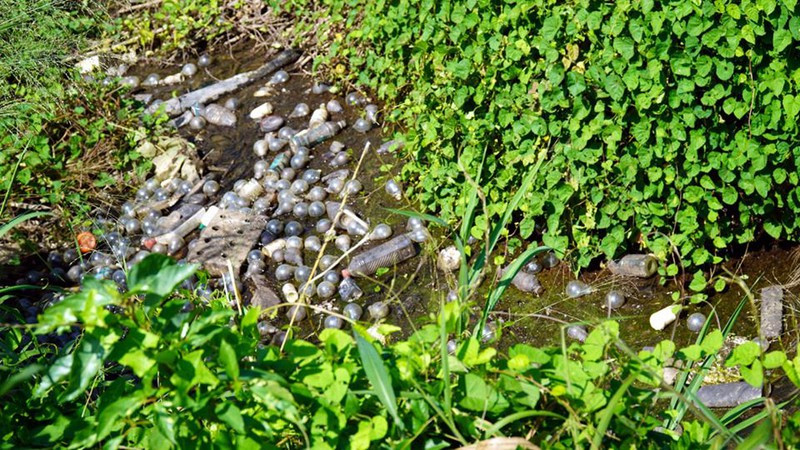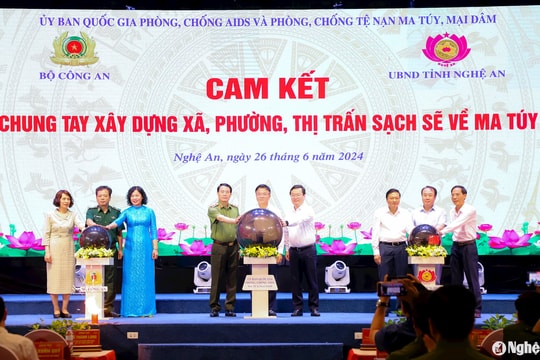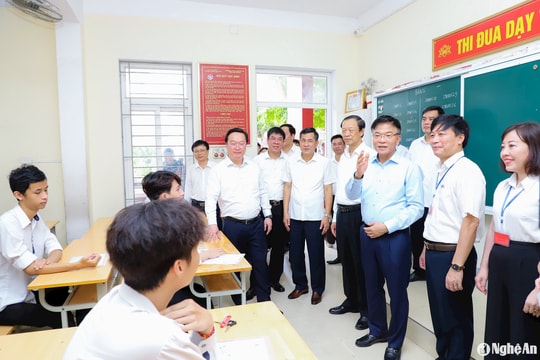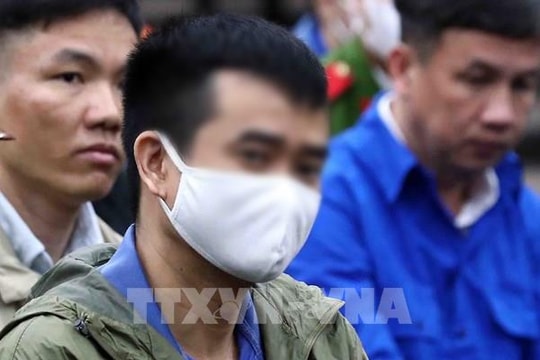Light bulb disaster after off-season dragon fruit cultivation
Every year, the entire Binh Thuan province will have 15 million light bulbs that must be discarded into the environment from off-season dragon fruit cultivation.
In Binh Thuan province, off-season dragon fruit growers are using lights to stimulate flowering but are littering with broken light bulbs, causing harm to the environment and people's health.
Binh Thuan province currently grows more than 30,000 hectares of dragon fruit. Every year, from October this year to March next year, farmers must use lights to stimulate the trees to flower out of season.
According to calculations, on average, each hectare of dragon fruit will use more than 1,000 bulbs, the average lifespan of these bulbs is about 2 years. Thus, each year, the entire Binh Thuan province will have 15 million bulbs that must be discarded into the environment from dragon fruit cultivation.
 |
| After off-season dragon fruit cultivation comes the light bulb disaster in Binh Thuan. (Photo: KT) |
It is worth mentioning that this type of hazardous waste has not been classified and treated in a timely manner. In the dragon fruit growing areas of Ham Thuan Nam district, Binh Thuan province, people can easily see broken light bulbs thrown everywhere in streams and residential roads.
Mr. Ngo Minh Thanh, Head of the Department of Environmental Protection under the Department of Natural Resources and Environment of Binh Thuan province, said that dragon fruit light bulbs contain many substances that are harmful to human health, especially mercury. Toxic substances from light bulbs when absorbed into the ground will spread into the environment, affecting human health. Mr. Thanh recommends that people should collect damaged light bulbs properly to protect themselves and those around them.
“In the coming time, when people grow dragon fruit, they need to have measures to collect and treat discarded light bulbs in accordance with regulations. For now, people should collect and transfer them to specialized waste treatment units,” Mr. Thanh proposed a solution./.





.jpg)


